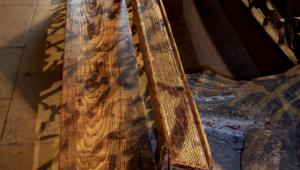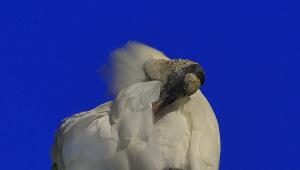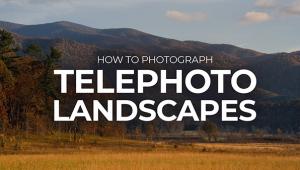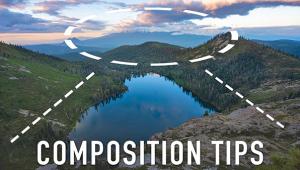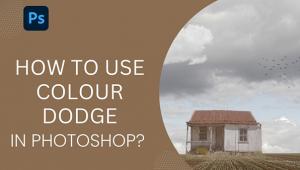Apple’s Aperture 1.5.2 Update; Is Apple’s Aperture Getting Better With Age?
It has been about a year since I first tried Apple's Aperture, reported
on in the May 2006 issue of Shutterbug (available at www.shutterbug.com; type
Aperture into the Search box). Since, Aperture has been updated via automatic
upgrades from Apple. The Apple Aperture application for professional photographers
as I described in my report was the first of its kind devoted entirely to digital
camera users shooting raw format. It was quite effective in its first iteration
but was both expensively priced, then at $499, and very much a resource hog,
running quickly on only the most powerful Mac G5 computers.
Apple dropped the price $200, and today the software still retails for $299.
Even at the first price tag it was an impressive application and set of tools
for photographers that provided nondestructive editing, sorting and rating,
a slick and powerful adjustment tool set, and a flexibly creative interface
for producing output in different kinds of media, including self-published books.
 |
|
|
The latest version of Apple's Aperture, Version 1.5.2, seems to run
much more efficiently, but that may be a result of improvements in the software
and in the performance of newer Apple Macs with Intel Core Duo processors. I
suspect a pro shooter who daily uploads prodigious numbers of raw files will
still need to have a powerfully endowed Mac with a fast processor and copious
installed RAM to enjoy continued quick processing. But an enthusiast who is
not shooting large volumes of exposures might as well get along as I do, with
just a Mac mini with a 1.83Hz Intel Core Duo processor and 2GB of RAM.
Apple has also responded to user feedback and made alterations and improvements
in Aperture aside from giving it a performance boost. Some of these advantages
include more flexible support for storage and individual organizational schemes
as well as data storage locations and media types. These options for storage
and organization are supported by easy backup directly with Aperture's
Vault facility.
 |
|
|
A new feature provides seamless integration with Apple's iLife and iWork
in addition to coordination with iPhoto and should be attractive to enthusiasts
who want to migrate to a more sophisticated photographic application by adopting
Aperture. In the Adjustment color correction part of Aperture, Apple has now
included a fully comprehensive yet easy to use utility to make selective color
changes to an image, like making the reds warmer without affecting any other
colors in the spectrum of values in an image. And one of my favorite tools in
Aperture, the Loupe, which is a digital replacement for the magnifier that's
always been on my desk, has been improved by providing easy, on-screen mouse
controls to customize and adjust its function. And finally, there are improved
presets to make metadata entry easier. You can also apply saved Adjustment presets.
All of this makes Aperture a more complete and efficient tool for getting an
image from the camera to finished file easily and quickly.
Evaluation And Recommendation
It may seem Aperture and Adobe's Lightroom are pretty much a toss-up,
and if you add and subtract the strong and weak points of each, which are not
all that obvious, it may seem like an even match. But on an individual user
level there is enough difference to make a choice based on experience. That's
where your testing has to come into play. If you are an Apple Mac user, try
both and choose the one that works best for you. I personally favor Aperture,
while a close friend who has years more experience as an Apple Mac user finds
that Aperture is not as intuitive as Lightroom, and he really does need the
kind of professional support both applications are designed to provide. Choosing
one or the other based on experience is not hard to do as both Apple and Adobe
provide a trial user download option on their websites.
For more information, contact Apple Inc., 1 Infinite Loop, Cupertino, CA 95014;
(408) 996-1010; www.apple.com.
- Log in or register to post comments








